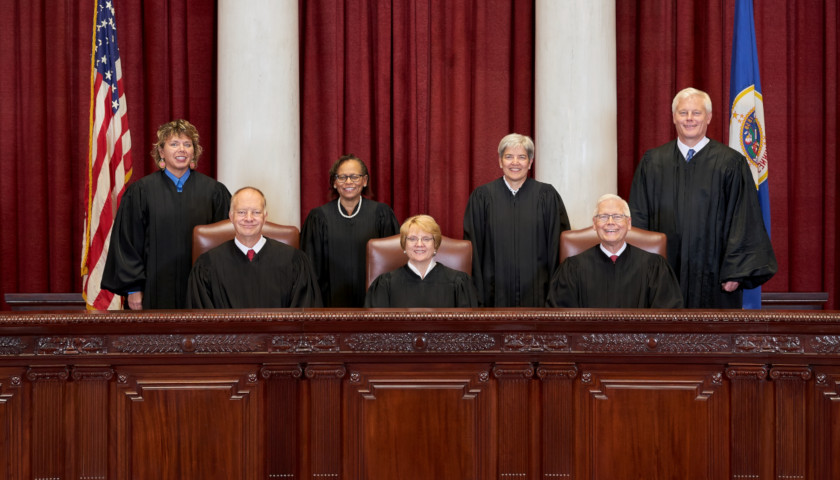Impaired drivers in Minnesota will not have the right to legal advice before taking a blood test if police acquire a search warrant the Minnesota Supreme Court decided in a 4-3 decision Wednesday.
Back in 2017, a sheriff’s deputy arrested Jennifer Rosenbush for driving while impaired and obtained a search warrant to sample her blood to measure her alcohol level. When the officer showed her the search warrant, Rosenbush complied with the officer. The plaintiff’s blood test surpassed the legal limit and the state charged her with fourth-degree DWI.
After being charged, she tried to have the test dismissed because of her “limited right” to counsel before “deciding whether to submit to a blood test.” Police failed to tell her about this right, Rosenbush argued.
The plaintiff cited the Friedman v. Commissioner of Public Safety case, which ruled people legally have a right to counsel at all “critical stages” of prosecution.
However, the Minnesota Supreme Court did not think this case matched the previous decision.
“We hold that the limited right to counsel established in Friedman does not apply when an individual is asked to submit to a blood test pursuant to a warrant, and therefore, we affirm the court of appeals,” Justice McKieg wrote.
He further added:
“Even though Rosenbush did have the choice to refuse testing or comply with the warrant, this choice is not enough to justify an extension of Friedman to warranted searches. Like Rosenbush, every person who is the subject of a search warrant has a choice to make: comply with the warrant or be subject to criminal penalties.”
Not all the justices agreed with the majority opinion in this case. Justice Hudson wrote the dissenting opinion and argued that the blood test falls into Friedman’s “critical stages” category.
“Drivers will still be left without guidance about the legal ramifications of their decision and will still have to make a critical and binding decision that will affect them in a subsequent DWI prosecution,” she wrote.
– – –
Zachery Schmidt is the digital editor of Battleground State News. Follow Zachery on Twitter.
Photo “Minnesota Supreme Court” by Minnesota Courts.




